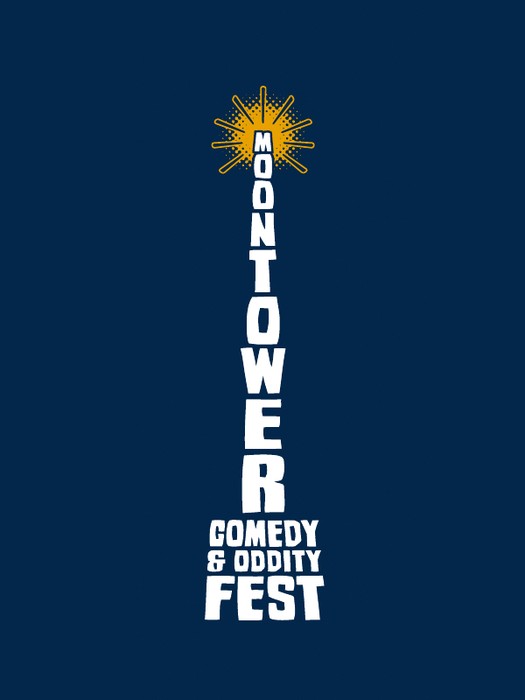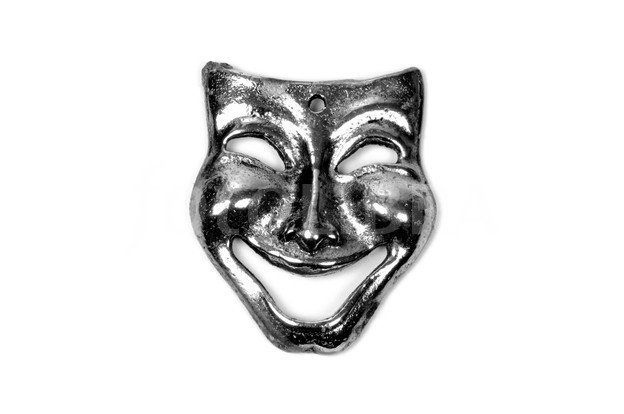Bill Cosby: The Bill of Right On
The Bill of Right On
Bill Cosby enthralls the Winspear Opera House audience with his trademark long-form comedy, with an emphasis on storytelling.
published Monday, June 11, 2012
If you remember comedian Bill Cosby from in the 1990s, you might think of him as the Ghost Dad dude and Jell-O pudding pusher. From the ’80s, he’s Dr. Huxtable to you. For ’70s television watchers, it’s all about Fat Albert. But if you were a comedy fan in the ’60s, Bill Cosby was The Man. At a time when comedy was moving beyond the joke and Jewish roots came the thoroughly domestic, non-racial and apolitical storyteller’s voice of Cosby.
Cosby was a very funny fellow indeed—winning the Grammy for Best Comedy Performance every year from 1965 to ’70—and a prodigious one, releasing an album annually from ’63 to ’73, except for two albums in ’68 and an astounding three in ’69. Many young men at that time memorized routines from those albums. The material about sleeping with his brother Russell as a kid was an opus of a routine clocking in at nearly 25 minutes that had you begging for mercy at the 10-minute mark and exhausted from laughter by the end.
The sold-out crowd at the AT&T Performing Arts Center‘s Winspear Opera House on Saturday night was bound in the memory of Cosby’s glory years, accepting that the 75-year-old man on stage was the sunset version of the prime-time star. Spanning the full gamut of ages, including parents who came with children in tow, the audience gave him a standing ovation just for walking on stage. After a short video clip extolling his latest media excursion—a comedy app called OBKB—Cosby settled in for a solid two hours of performance.
Some comedians are like boxers, bobbing and weaving their material and generally messing with your mind. Others seduce, slyly slipping around to lure you in. Or they inhabit a character, peeling bits of human nature off like an onion. Cosby is a long-form comic, a storyteller and monologist, a raconteur of the human animal. He does not work the stage. He pulls up a chair and talks directly to you. Even with a packed house of 2,300 people, he might as well been in your living room. Of course, the venue helped a lot. With its tight horseshoe layout and voice-oriented acoustics, the Winspear is the best venue in town for top-tier comedians.
Since he performs mostly seated, it’s the Cosby voice that carries it, an instrument of tremendous dynamics, ranging from barked exclamations to maniacal muttering. A myriad of animated children’s and women’s voices leapt into fully-formed characters. His easy mid-range voice, though, is what draws you in for the long set, so conversational and intimate, laced with drawn-out words and deep pauses.
Cosby started out with a story about being asked to visit with some terminally ill children right before a big show at Harrah’s. The tale was complex and completely captured the Cosby conundrum of anger and compassion, of being completely irritated by people—”You do realize I’m supposed to be funny in 30 minutes” to the fellow making the visitation request—and accepting them anyway. He is the king of grumpy tenderness. OK, he can also be just plain grumpy. His trademark honesty about children, they way they make you want to slap and hug them at the same time, totally transformed television sitcoms through The Cosby Show.
Each Cosby story lead smoothly to the next, moving from his delight at being sassed by one of the terminal kids, to the joys of living close to school and being able to eat lunch at home, to mothers’ misplaced importance of coming to dinner, to the microcosm of society seen in kids’ baseball games on long summer days, to the pain of pregnancy compared to the pain of old men’s bodies, to finding your mother’s last nerve to get on. Every male comic of a certain age has a routine on colonoscopies, but Cosby’s was stellar, exploring the notoriously unpleasant preparation procedures with a fine array of outrageous sound effects, faces and one wicked silly walk.
The range of Cosby topics is not wide, but endlessly varied. He riffs on raising children and marital relationships, and he muses on family and boyhood experiences. In between the silly stories you’ll find some surprisingly insightful takes on everyday occurrences, exasperations with sub-par workers that shine a hard light on the pathetic state of American education, or his comical dissections of commonly held misbeliefs. Like a jazz master, he finds new and innovative ways of elaborating a theme. At age 75, when his comedic colleagues have long stopped touring, Cosby continues.

